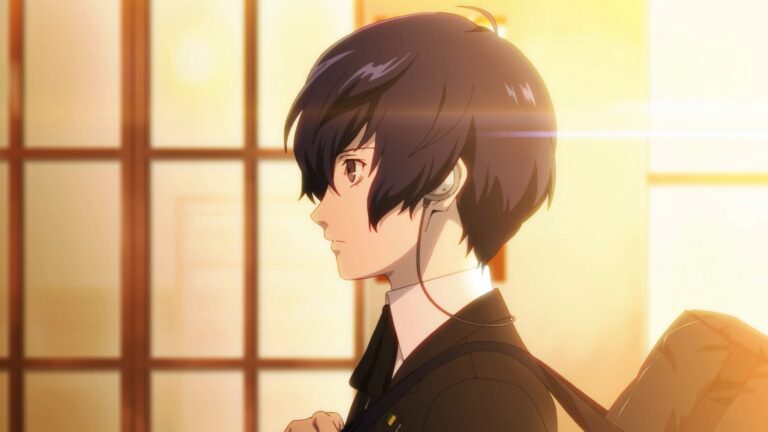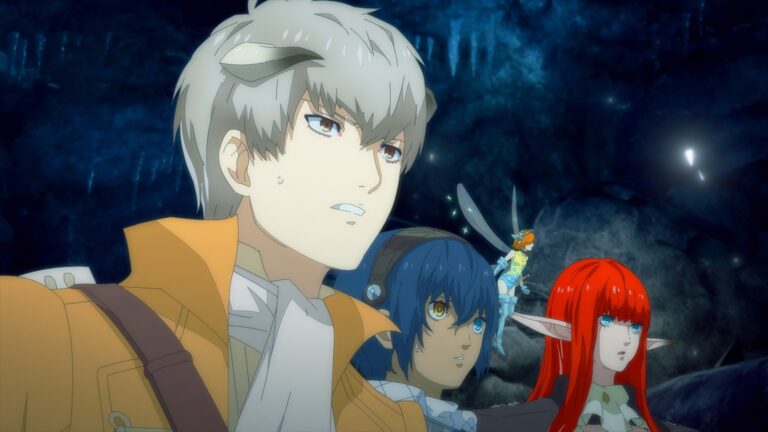No Man’s Sky, Fallout 76, Anthem, The Division, Rainbow Six Siege, EA’s Battlefront II, all of these games have one thing in common: they launched with the idea of fixing the game over time. No Man’s Sky has become synonymous with the principle of improving a game post launch after fans have paid full price for a title promised to be loaded with content.
This practice is one that fans have little control over as a game’s marketing promises an abundance of action and enjoyment, but its launch is barren, monotonous, and sometimes riddled with bugs, making the experience outright unplayable. The “release now, fix it later” mentality is one that developers need to stop, as it is already getting out of hand.
Imagine someone buying a brand new gaming monitor. A 4k resolution, the color gambit is exceptional, the contrast is displayed beautifully. So, they save up for it, eventually purchase and set up the monitor. They are all ready to get into this immersive gaming experience and they turn their monitor on only to find out 50% of the screen actually shows a picture.
So, they call up the manufacturer to complain and they respond with the following, “We hear your concerns on core issues in our new monitor and are acting on it. Those systems require a more thorough review and re-working versus quick fixes. We’ve got a team working on that now, and early results are promising.”
Anthem 2.0
These are the words used by developers nine months after Anthem’s release when word of an Anthem 2.0 reboot began circulating. In February 2020, Bioware released an official statement that the team was hard at work on a soft relaunch of Anthem.
“Over the last year, the team has worked hard to improve stability, performance and general quality of life while delivering three seasons of new content and features. We have also heard your feedback that Anthem needs a more satisfying loot experience, better long-term progression and a more fulfilling end game. Over the coming months we will be focusing on a longer-term redesign of the experience, specifically working to reinvent the core gameplay loop with clear goals, motivating challenges and progression with meaningful rewards – while preserving the fun of flying and fighting in a vast science-fantasy setting. And to do that properly we’ll be doing something we’d like to have done more of the first time around – giving a focused team the time to test and iterate, focusing on gameplay first.”
In a more recent example, Ghost Recon Breakpoint is now undergoing massive restructures to the game after numerous delays of existing plans.
In most other circumstances, this response would be unacceptable. Yet, in gaming it has become more prevalent as live service titles became more common. Fallout 76 is going through a similar soft relaunch through its upcoming “wastelanders” update. This new update will bring about dialogue options, choice and consequence, a brand new main storyline, factions, an alignment system, and coveted NPC’s among many other features.
Among all of the aforementioned titles, the updates that came post launch include features and mechanics many believe should have been included during the initial release. However, following the success of No Man’s Sky, many developers are seemingly taking a wait-and-see approach with the knowledge that one day the game might be great and fans will return to it.
The Impact on Fans and Developers
There are many issues that arise from this mentality, both from the consumer and the developers’ side. For the consumer, the experience is frustrating. Most gamers have seen the announcements from developers stating, “We are sorry, we misjudged our audience and what they would like, and we promise to do better in the future.”
Having invested time and money into a product, whether it is with a new IP from a beloved studio such as Bioware, or an established IP from a beloved franchise such as Fallout, the experience of feeling betrayed by a developer or publisher is never a pleasant one. It can break trust and push fans away from many of their favorite game studios. Subsequently, it can divide fanbases.
There are many discussions about whether or not the “old Bioware is dead,” and while this discussion has pervaded since as early as the launch of Mass Effect 3, having a poorly launched title such as Anthem only works to add fuel to this fire. Not only does a poor launch reignite the conversation, it also—for those that may believe this rhetoric—gives them cause to further dig into their stance. It is worth noting, too, that many who make this claim were massive fans of Bioware’s work and would happily welcome a return to the RPG mechanics they found made the studio what it is.
For the developers, the situation is not much better. Many of the decisions that led to the product’s launch may have been completely out of the developers’ control. However, more often than not, they are faced with the backlash that comes with a poorly launched title. In Anthem’s case, Kotaku published an in-depth article about upper management’s poor leadership and direction that led to a product even the developers didn’t recognize. It wasn’t until the game was showcased at E3 that they finally had a clearer understanding of the game that was being made. Instead, management relied on “Bioware magic” that would spruce the game into a great experience before its launch.
Furthermore, when a game is launched in a poor state, it causes developers to have to spend the time remaking and redesigning what has already been done as opposed to expanding on an already-fun and unique experience. At its worst, it could indirectly affect the launch date of other IP’s.
Lastly, while the games that go through this rebirth may become excellent experiences, there will already be many gamers who feel as though it is not worth their time to go back to. Either because they were burned too much the first time or because they have moved on to new and more exciting experiences. In either case, the time that developers are now spending on the title is reaching a much more limited audience than what could have been at launch.
Ongoing Support Isn’t A Bad Thing
This isn’t to say that games should release and flop or that they don’t deserve a second chance to reach their full potential. Instead, that potential should be utilized and unleashed during its launch, and then built upon to make a more impressive experience than what is already available.
No Man’s Sky, Battlefront II, and Rainbow Six Siege have all grown to become fun and impressive titles, and since the improvements have been made they can now continue to iterate on what has become fun gaming experiences. For the fans who have stuck by the title since its initial launch, it must be even more rewarding. Naturally, seeing this continued support post-launch is a great payoff having invested hours upon hours into any title.
It is also encouraging to know the publishers, who are more concerned about the financial success of the business, are continuing to allow money and resources to be spent improving these titles. However, it is hard to shake that feeling of what any of these titles could have evolved into if they launched in a proper state from the beginning.
No related posts.







